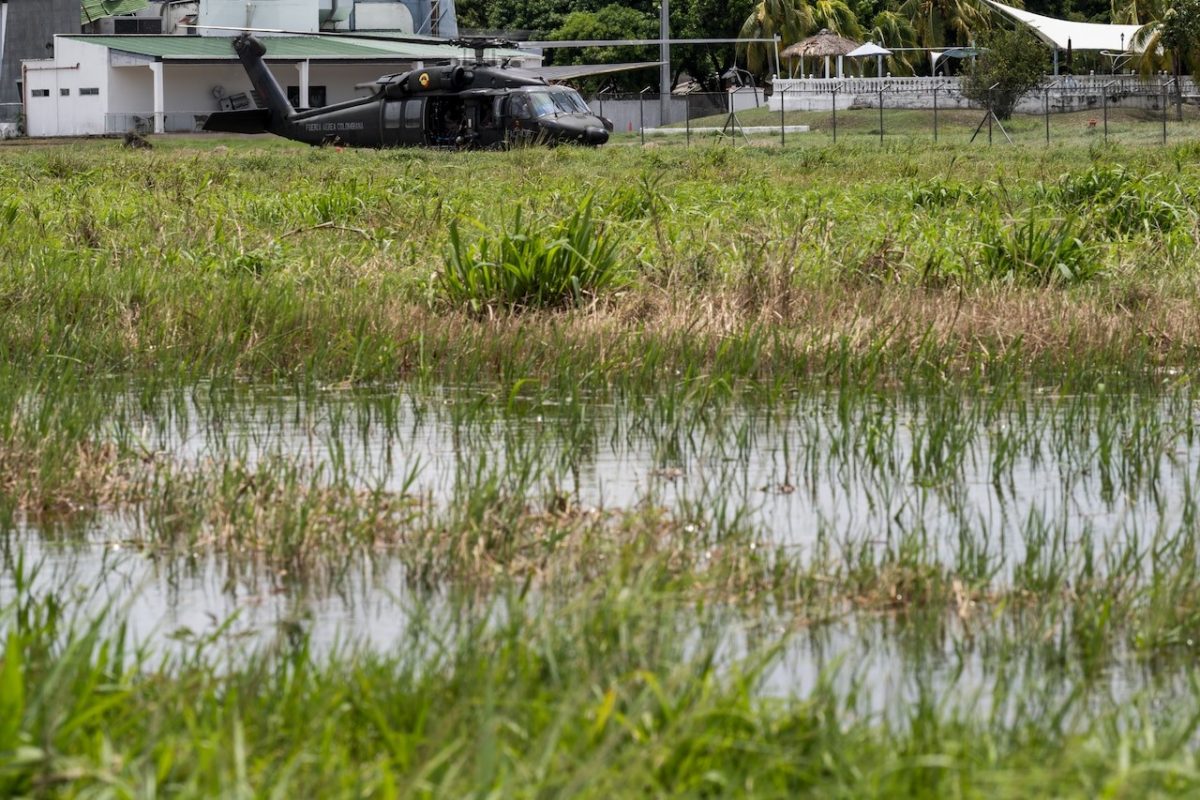Clearly, the heightened presence of enemy forces throughout Latin America has the Pentagon worried.
In February, Daniel Erikson, the Deputy Assistant Secretary of Defense for the Western Hemisphere noted that “China and Russia each pose different challenges for Latin America and the Caribbean, so there needs to be adjustments to the Defense Department’s strategies as well.
“The Department of Defense clearly plays a very important role in terms of working with partner militaries in the region and enhancing defense cooperation and our ability to work together more seamlessly across multiple domains, including air, land, sea, space, and cyberspace,” Erikson emphasized at an Atlantic Council event dedicated to Countering China and Russia in Latin America and the Caribbean.
The Deputy Secretary noted that there are some very important elements to the challenges posed by both China and Russia that require a whole-of-government response because they are pursuing economic, political and diplomatic interests. “With so many challenges, the department has had to prioritize and deal with core risks or threats to U.S. and allies’ interests. The importance of democracy and democratic governance in this region is one of the United States’s core ideals…We at DOD take very seriously the need for civilian control of the military, respect for human rights, and ensuring that militaries are abiding by the constitutional norms put forth by their democratic governments…”
Erickson added that “Besides military partnerships, it’s critical that the U.S. private sector, U.S. industry and relevant U.S. agencies are engaging with this region “to ensure that we can make available offerings — whether it’s in defense, cyber, or in other areas — to meet the core national security needs of the countries there, Erikson said.
For example, it’s important for nations to protect their critical, national-security infrastructure and ensure that they are only using trusted vendors for such items as telecommunications equipment, which could have military benefits to China…I also think that across U.S. industry, there really needs to be a deeper dive into what we can do to provide Latin American and Caribbean countries with the capabilities that they require at a price that they can afford…”
Latin American governments are fiscally constrained and, in many cases, have underinvested in critical infrastructure for many years, he added.
Countries in the region are facing transnational criminal organizations, climate threats, and border disputes. “So,” the Deputy Secretary noted, “…they look at the risk posed by [China] as something that is going to come, perhaps, in the future — but not today. And so, really, educating our partners and making sure they’re aware of how some of the decisions that they make today could create long-term risk for them is really critical.”
South American nations have been using their military equipment for years, which limits interoperability with the U.S. and allies, he stated. “At the end of the day, the way that the United States can meet the challenge that’s posed by great power competition in Latin America and the Caribbean is, really, by having a very proactive, affirmative and engaged U.S. agenda with the region and not just telling other countries what they shouldn’t be doing with other partners, but what they can do with the United States…”
Discussions about equipment, alliances and the like are important. However, without the resolute will to counter enemy forces on America’s own doorstep, it will be irrelevant. According to some reports, President Biden considered suspending a U.S. submarine visit to Guantanamo Bay while the Russian naval flotilla. More rational individuals at the Pentagon stressed that this would send a terrible message of weakness, not just to the Russians and Chinese but to our allies worldwide.
Photo: Colombian Aerospace Force HH-60 Black Hawk helicopter prepares to take off during combined Exercises Angel de los Andes and Relampago VIII in Palanquero, Colombia, Aug. 22, 2023. U.S. Southern Command and 12th Air Force (Air Forces Southern) are committed to strengthening partnerships in Latin America and the Caribbean to improve collective ability to meet complex global challenges (DoD photo)
